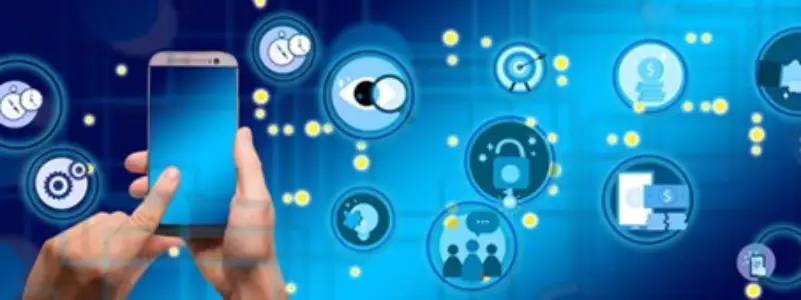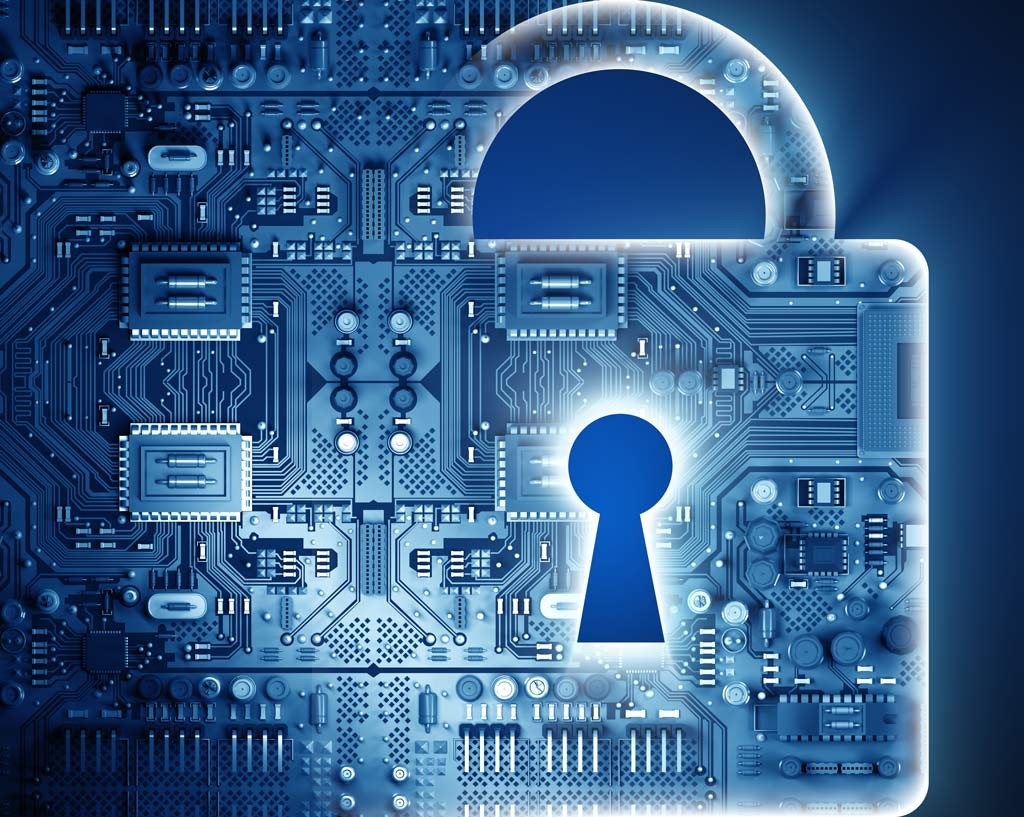
Managing time effectively is obviously a necessary component of sound management, even leadership. We have all been exposed to the myriad of training tips to achieve this … top priorities first, delegate effectively, urgent and important tasks, plan your time out, To Do Lists, etc. But that’s all about managing our time. This article is about managing our energy, especially for the tasks or activities that require us to be ‘on’ … being our best self right now. This is not about what we spend our time on; it’s about how we are when we spend our time. So how do we do that?
It has to be said that we can fake it (meaning that our energy is not optimal at the time but we can act in the necessary ways to come through as being up and about). Most of us would relate to times when we have had to do that but the problem is the energy drain that ‘acting’ creates. To behave though according to how we feel doesn’t do that, so the approach must be to manage our ourselves so that we are high in energy most of the time that it’s required.
Being ‘present’ in situations is not always a natural thing to do, especially for incredibly busy people with wide ranging responsibilities, looming deadlines, etc. But not to be present is to disrespect the current situation (even people), maybe even deal with it poorly, and place further demands on our own energies as we mentally juggle several things at the same time. We should remind ourselves that each situation, including brief ones, should receive the best ‘me’ and this can only happen if we are present. Therefore, we should concentrate on the one situation at hand, deliver our best and move to the next situation once done. It’s a conscious decision to take this approach.
Clear minds require less energy than cluttered minds and this can largely be achieved through clarity of purpose and keeping ourselves aware of the bigger picture / purpose rather than being drawn mentally to the myriad of lesser issues underneath. Sure, we have to deal with the latter but significant emotional energy is spent if they are allowed to consume too much brain space. We should be keeping our conscious mental time on the overarching purposes and the bigger issues .. which is also much more exciting, challenging and rewarding, and therefore energy creating rather than energy sapping. See the (more frequent, often operational issues) underneath as just that. Deal with them but see them as the means to the end and therefore disallow them to take energy disproportionately.
The start and end of each day is critical to managing our energy. It would be totally remiss to not include the importance of exercise, relaxation and time for thought. Each of us is different as to when the best time of day is best for each of these but starting early each morning with one or more of these is a very powerful way to generate energy .. physical and mental energy. They each clear the mind, focus us on what’s important, elevate perspective and set us up for a positive approach to the events of the day. Having and maintaining perspective of events helps to prevent undue energy drain of the less important things that come our way. It can also be highly energising to remind ourselves at the start of each day of the good things in our lives and the opportunities we have … that creates perspective, relaxes us and sets a positive foundation for the day. It also creates a mindset to seek further opportunities through a daily reminder.
As above, not being ourselves drains energy (even though there are times when, as leaders, we have to push through). Most of the time, we should be managing our own state to be able to act with the natural energy we feel. Being clear on who we are, what we are, what we do and why we do it (on all fronts) makes the necessary behaviours much easier to engage. So, frequently returning to the answers to these questions (corporately and personally) is important. Living the truth of these answers, with clarity, is way easier (and therefore less draining) than being unaware or confused. So ensure your ‘you’ is a true reflection of your ‘why’.
Energy, liveliness and positive expression is contagious, so it’s also important to mix with people who exhibit these behaviours. Sure, as leaders it’s often easy for us to do that but it also has to be chosen at times when we are being tested.
We should not overlook some of the more basic ways to manage our energy. Planning personal breaks well in advance (to prevent energy drain rather than taking breaks to regenerate), managing our sleep patterns, stress management activities, and (as earlier) our general health and fitness, are all important here. In business, we actively encourage our people to manage their health and fitness to higher levels, and that should be part and parcel of our own energy management as well.
Many of the points in this article will help renew energy if we have let it run down, but if our energy levels have become too low then it may be necessary to take a break (an obvious but necessary statement). Ideally, it should be a personal commitment to not let it get to this in our self management but it can happen. Further, what we do and where we are (physically and mentally) on such breaks is important to energy rejuvenation. Time away from the workplace needs to be just that, at least for a good proportion of the time, rather than one eye on our mobile device and one part of our brain occupied with work (problems).
As simple as it seems, think about the people who increase your energy and those who drain your energy, about how much ‘good’ a smile and positive demeanour can return, about the power of a ‘brain break’ to re-gather yourself before an important conversation / meeting, and about how much a changed environment can help, like moving to a cafe or outdoors for a few minutes.
Two points to finish with. First, consistently ask yourself ‘What state do I need to be in to be the best me?’ Use some of the content of this article to help you answer that question. Second, remember that it takes less time to complete tasks when we are energised, so keep it up! Being energised begins with a self commitment to achieve it.
Previous Newsletter Articles
Contact Us
1300 022 270
enquiries@myabbs.com.au
Book An Appointment




